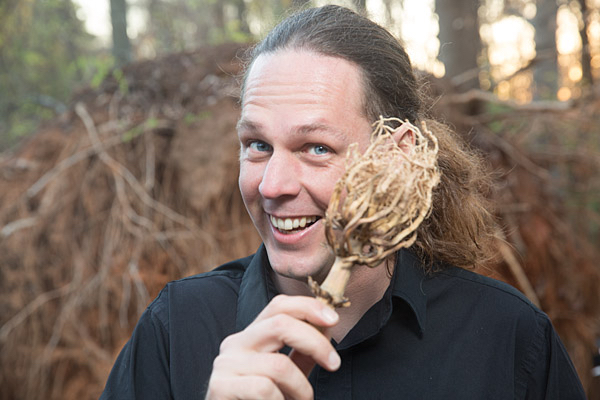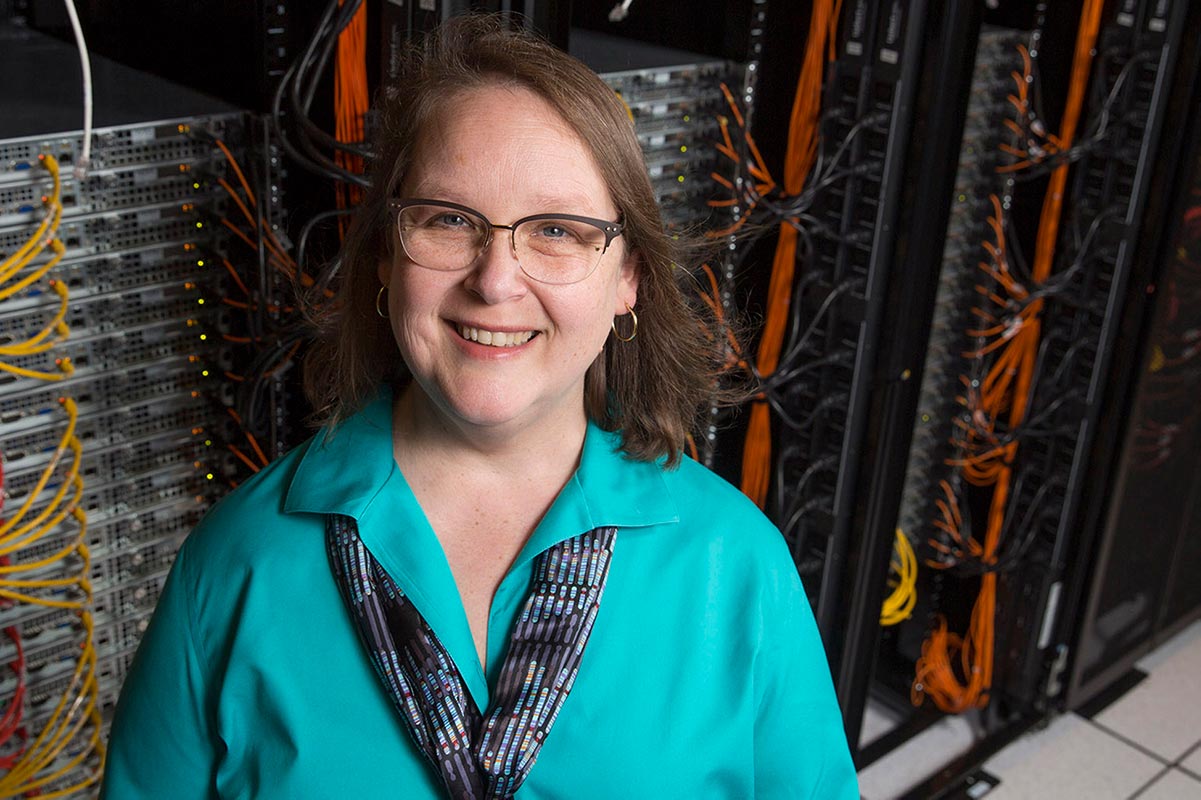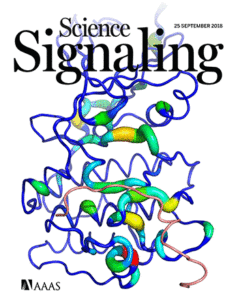
Franklin College of Arts and Sciences
Department of Marine Sciences
Institute of Bioinformatics
Assistant or Associate Professor: Joint appointment in the Institute of Bioinformatics and the Department of Marine Sciences
We seek to recruit a computational and experimental marine microbiome researcher to complement research strengths at UGA in bioinformatics and marine sciences. We aim to hire an individual with a strong record of innovation and ability to develop and apply new computational tools (simulations, flux analyses, data integration and visualization, among others) and microbial ecology approaches to marine microbiome research. Possible areas of research include ocean productivity, global carbon and nutrient cycling, diseases of aquatic organisms, or intersections with public health.
The successful candidate will be appointed at the rank of Assistant or Associate Professor depending on credentials and accomplishments. This is an interdisciplinary position, with the appointment being split between the Department of Marine Sciences and the Institute of Bioinformatics. The position includes a competitive salary, sufficient laboratory space for computational and experimental research, and a generous start-up package.
Applicants must hold a PhD or equivalent degree in a computational, marine or biological science area and have at least 1 year of postdoctoral training as well as a record that provides evidence of scholarship, synergistic activities, and the potential to obtain extramural funding. To be considered for the Associate Professor level, applicants must show evidence of the ability to attract sufficient extramural funding to support a sustainable research program and provide convincing evidence of an emerging national reputation in their field. Teaching responsibilities will be in undergraduate and graduate programs and include both bioinformatics and marine science microbiome components.
Applicants should submit a cover letter, contact information for three references, curriculum vitae, research statement (no more than 3 pages), and teaching philosophy at http://www.ugajobsearch.com/postings/31918. Review of applications will begin on November 13 and continue until the position is filled. Selected applicants will be required to submit a background investigation demonstrating eligibility for employment with the University of Georgia. This position is available August 2019. Contact the search committee chair Dr. Mary Ann Moran (mmoran@uga.edu) with questions.
The Franklin College of Arts and Sciences, its many units, and the University of Georgia are committed to increasing the diversity of its faculty and students and sustaining a work and learning environment that is inclusive. Women, minorities and people with disabilities are encouraged to apply. The University of Georgia is an Equal Opportunity/Affirmative Action employer. All qualified applicants will receive consideration for employment without regard to race, color, religion, sex, national origin, ethnicity, age, genetic information, disability, gender identity, sexual orientation, or protected veteran status. Persons needing accommodations or assistance with the accessibility of materials related to this search are encouraged to contact Central HR (hrweb@uga.edu). Please do not contact the department or search committee with such requests.
The state of Georgia is well-known for its quality of life both outdoor and urban (www.georgia.gov). The University of Georgia, Athens (www.uga.edu) is a land grant/sea grant institution located 75 miles northeast of Atlanta.




